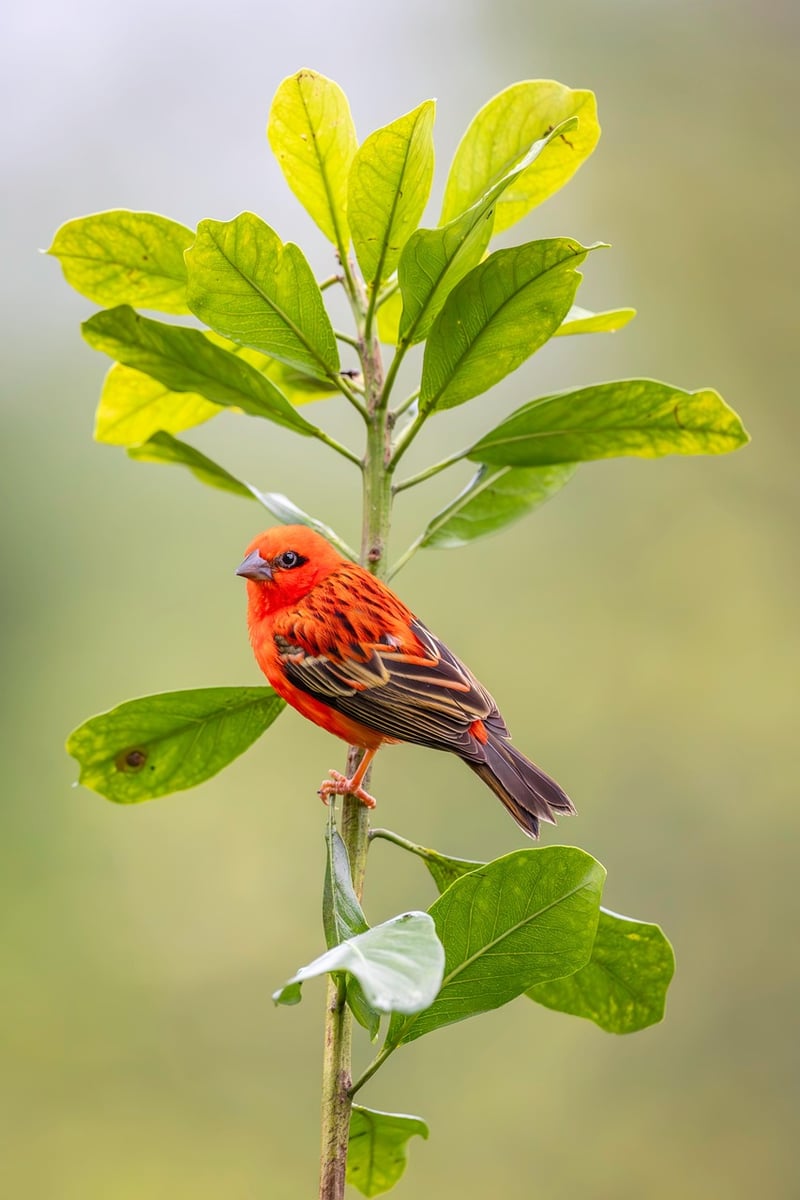Pest Control
Keeping Your Vertical Garden Healthy: Pest Control Tips

Introduction
Vertical gardens are a fantastic way to bring greenery into small spaces. However, like any garden, they are susceptible to pests that can harm your plants. In this article, we will explore some essential tips to keep your vertical garden healthy by controlling pests effectively.
1. Regular Inspection
Make it a habit to inspect your vertical garden regularly. Look for signs of pests such as chewed leaves, holes, or sticky residue. Early detection can help you address pest issues before they escalate.
2. Natural Predators
Encourage natural predators like ladybugs, lacewings, and spiders in your garden. These beneficial insects can help keep pest populations in check without the need for harmful chemicals.
3. Neem Oil Spray
Neem oil is a natural insecticide that can effectively control common garden pests like aphids, spider mites, and whiteflies. Mix neem oil with water and a few drops of dish soap, then spray it on affected plants.
4. Diatomaceous Earth
Diatomaceous earth is a non-toxic powder that can be sprinkled around your vertical garden to deter crawling insects. It works by dehydrating the pests, making it an effective and safe pest control solution.
5. Pruning and Cleaning
Regularly prune dead or damaged plant parts and remove fallen leaves from your vertical garden. Pests often hide in debris, so keeping your garden clean can help reduce their hiding spots.
6. Companion Planting
Planting pest-repelling herbs like basil, mint, and rosemary alongside your main plants can help deter pests naturally. Additionally, their aromatic properties can enhance the overall garden experience.
Conclusion
By following these pest control tips and maintaining a vigilant eye on your vertical garden, you can ensure that your plants thrive and remain healthy. Implementing natural pest control methods not only protects your garden but also promotes a sustainable and eco-friendly approach to gardening.
Remember, a healthy garden is a happy garden!
